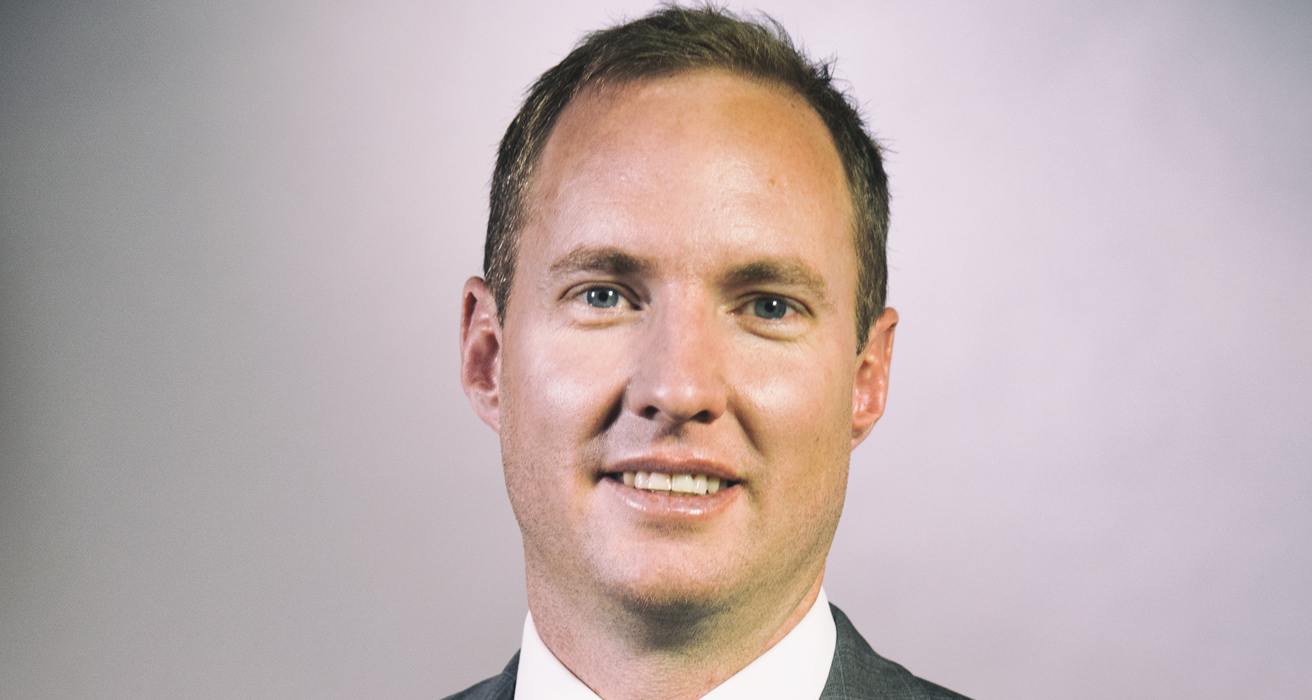Listen to podcast
Navigating the world of investing and determining which asset class is best for you could be a daunting task. In this second episode, we talk about how to get the basics right. Kate Stannard, a relationship manager and Paul McKeaveney, an investment manager, both from Investec Wealth & Investment, unpack the building blocks of a successful investment portfolio.
Asset classes are the building blocks of an investment strategy and figuring out the best combination for your individual circumstances is key to achieving your long-term wealth creation goals. In this, the second episode of season one of the Unpacking Wealth Creation podcast series, relationship manager Kate Stannard and investment manager Paul McKeaveney, both from Investec Wealth & Investment, discuss the basics of asset class allocation.
What exactly is an asset class?
“The main asset classes are cash, bonds, equities and property. Each of these has distinct attributes in terms of how it behaves and how accessible it is for the average investor," explains McKeaveney. “Cash is probably the easiest asset class to understand because we all have a lot of experience with it, and cash is very predictable. It’s basically about earning interest on funds you deposit with the bank. You know what interest rate you can earn, and you know it’s going to be there when you need it.”
Why don’t we all just invest in cash then?
“The silent assassin for cash is inflation. Inflation is something we’re all aware of because we see how the cost of our shopping basket changes over time. But sometimes we don’t make the connection between what inflation is doing to our expenses, and what it’s doing to our savings, says McKeaveney. “Let’s look at a very simple example. If the interest rate on your R100 cash deposit is 4% but inflation is 5%, in a year’s time your groceries will cost R5 more than they did today, but you will only have earned R4 interest. So, you’re effectively short R1.
“Cash is not a good strategy for long-term wealth creation because inflation is working against you all the time.”

The silent assassin for cash is inflation. Sometimes we don’t make the connection between what inflation is doing to our expenses, and what it’s doing to our saving.
What are the alternatives to cash – bonds?
“The interest rate you earn on a bond is higher than the rate you’d earn on a cash deposit. This is because firstly, you are generally lending the money for a longer period and secondly, because you’re taking on risk that the company or government you’re lending to may not be able to pay you back in full," explains McKeaveney. "This might happen if, for example, something goes wrong and it has to default on its debt. Inflation is also a bond’s worst enemy because interest payments are often fixed at an agreed rate. If inflation goes up doing that period, the value of the interest you receive as well as the capital that is returned to you will be worth less in real terms.”

Over the longer-term, most investors can afford to take on some volatility so they should be looking at more of the equity-type investments that tend to generate good returns over long periods
How can we hedge against inflation – invest in equities?
“While cash and bonds tend to be quite stable asset classes, equities certainly aren’t. They tend to be volatile – i.e. share prices tend to go up and down all the time," says McKeaveney. “But equities are arguably the most important of all the asset classes for investors looking to build long-term wealth because they’ve easily produced the highest returns over extended periods of time historically.
“The reason inflation is less of an issue for an equity investment is because whatever product or service that company provides would tend to be linked to inflation anyway. Think of a simple retailer. If the costs of the products they’re selling go up, the retailer can raise the selling price of those products, thereby protecting their profits against inflation.”
What mix of asset classes should investors be thinking about?
“Firstly, I believe everyone should have an emergency fund. Life happens and if your laptop breaks, or you have to take a salary cut for whatever reason, you need to have some kind of emergency savings buffer," explains Stannard. "This should preferably be in cash because these funds should be safe and stable, and immediately accessible. But over the longer-term, most investors can afford to take on some volatility so they should be looking at more of the equity-type investments that tend to generate good returns over long periods.”
McKeaveney adds: “Everyone should hold a combination of asset classes because each performs differently at different stages of your investment lifecycle, and holding a mixture tends to smooth the returns you achieve while meeting your broader objectives. For example, a young person who has a long time to save for financial freedom can afford to take on riskier asset classes like equities because that has historically been the most likely way to maximise long-term wealth creation. On the other hand, someone who needs to draw an income from their saved assets, who may not have a long-term investment horizon, may need to shift some of their savings into bonds and cash.
“If you have a specific spending requirement in the short term, like a deposit for a house, then that money should be kept in cash and not invested in the stock market.”
Receive Focus insights straight to your inbox






